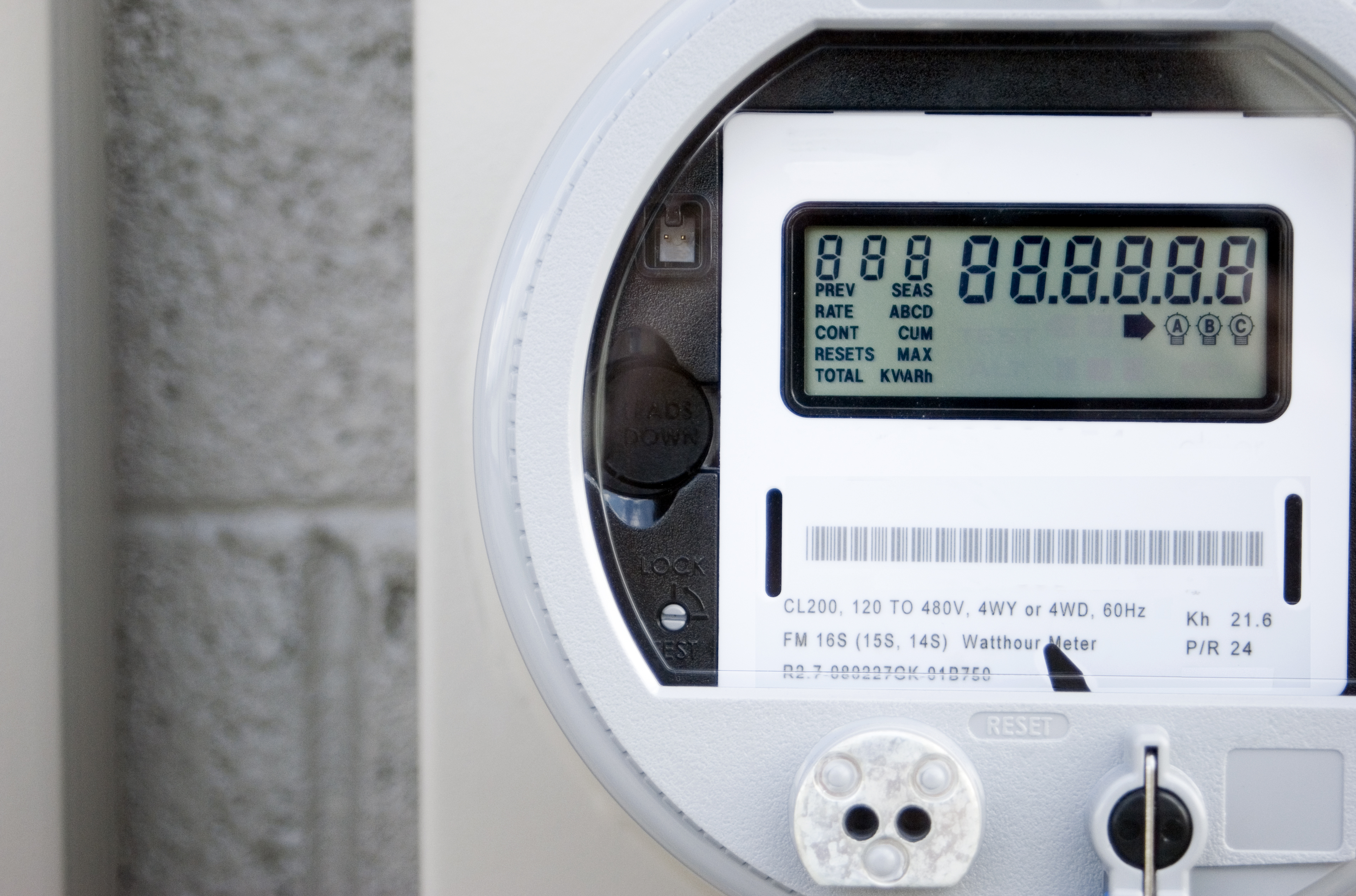Whether your business is micro, small, medium or large, you will be keen to make sure that you are never paying too much for your electricity and/or gas. Whatever the size of your business, you will want to set up a new contract for your energy supply or switch energy suppliers as soon as you are established. Taking time to identify which type of contract you have in place is the best place to start.
Types of Business Energy Contract
- Fixed Rate - where the price per unit of gas or electricity is set for the duration of your contract. The amount your business will pay each month will change depending on how much energy you use, however the unit price for that energy will stay the same.
- Variable Rate - where the price per unit will depend on market activity and will therefore change over the length of your contract.
- Deemed Contract - Your business may be on a Deemed Contract if you have recently moved into new premises and started to use gas or electricity there. You may also be on a Deemed Contract if your existing contract has ended but you continue to use gas or electricity.
More About Deemed Contracts
First of all, there are four different ways to connect to the internet:
Ofgem (Office of Gas and Electricity Markets) estimate that around 10% of small business may be on Deemed Contacts.
As a consequence, they may be paying rates of up to 80% higher than they need to.
The good news is, if you find that you are on a Deemed Contract and therefore paying to much, your supplier cannot
stop you from switching to an alternative supplier. There is also no need for you to give notice to your
supplier that you will be ending the contract. Even if you owe your existing supplier money, you will still
be able to switch to a more cost-effective tariff or energy supplier.
Whichever type of contract your business is on, it is really important that you know its terms and conditions.
Knowing the dates of your contract will ensure that you can switch to a new supplier without penalties.
Different contracts have different notice periods so being aware of these can help you avoid the higher
rates of a Deemed Contract.
Who Can Benefit From Business Energy Rates?
Any business can benefit from switching to a business energy tariff. Business energy per unit can be significantly lower than domestic tariffs. However, for smaller businesses with lower energy consumption, it is worth bearing the following in mind: Currently, we pay only 5% VAT on domestic energy, businesses will pay typically 20% VAT. Businesses also have to pay the Climate Change Levy of 0.84p per KWh. You will need to take these additional costs into consideration when deciding on a new contract.
Is It Easy To Switch My Business Energy Contract?
Switching your business energy contract can be time consuming. The first thing you
will need to do is have a copy of your existing contract. This will contain all the details you will need in
order for you to start comparing alternatives.
Business energy contracts can be more complicated than domestic contracts. They are made up of two separate prices
that you will need to take into account. The first price is the cost of each unit of energy you use in
kilowatt hours (KWh). The second price is the Standing Charge. This is a daily charge which goes towards
the cost of getting the energy into your premises and maintenance of the national grid.
Don't worry - instead of getting in touch with suppliers yourself, you can use BillBuddy to do the hard work for
you and get you a cheaper deal.
What Happens If I Don't Switch?
Towards the end of your current energy contract, your supplier will send you a
renewal letter. It is important to read this thoroughly as it should tell you what will happen next. There are
four things that you can then do at this time:
- You can contact your supplier to accept the terms of their renewal offer.
- Contact your supplier to negotiate a better deal.
- You contact your supplier to let them know you will be switching to an alternative supplier at the end of the contract.
- Do nothing.
Option 4 - doing nothing can have expensive consequences for you and your business. If you are a micro-business
(typically with less than 10 employees), your energy supplier can simply rollover your contract for a further year.
They will be able to increase your rates per KWh and alter the terms of your contract. If you have a larger
business, your contract could be rolled over for even longer, costing you a significant amount of money.
Business Energy Contracts can have lengthy notice periods attached. This means that it is never too soon to plan
what you want to do when the contract ends. Your supplier won't stop providing energy when your contract runs
out but you may end up paying out-of-contract or Deemed Contract rates. As mentioned above, these rates can be
up to 80% higher per KWh so you will definitely want to avoid this scenario.
In Summary
Business energy switching can be more time-consuming and complex than switching your domestic energy supplier. However, taking the time to plan ahead and using BillBuddy to do the hard work for you will save you money. Look at your current contract soon and make sure you take action in plenty of time to avoid overpaying for your business energy in the future.




